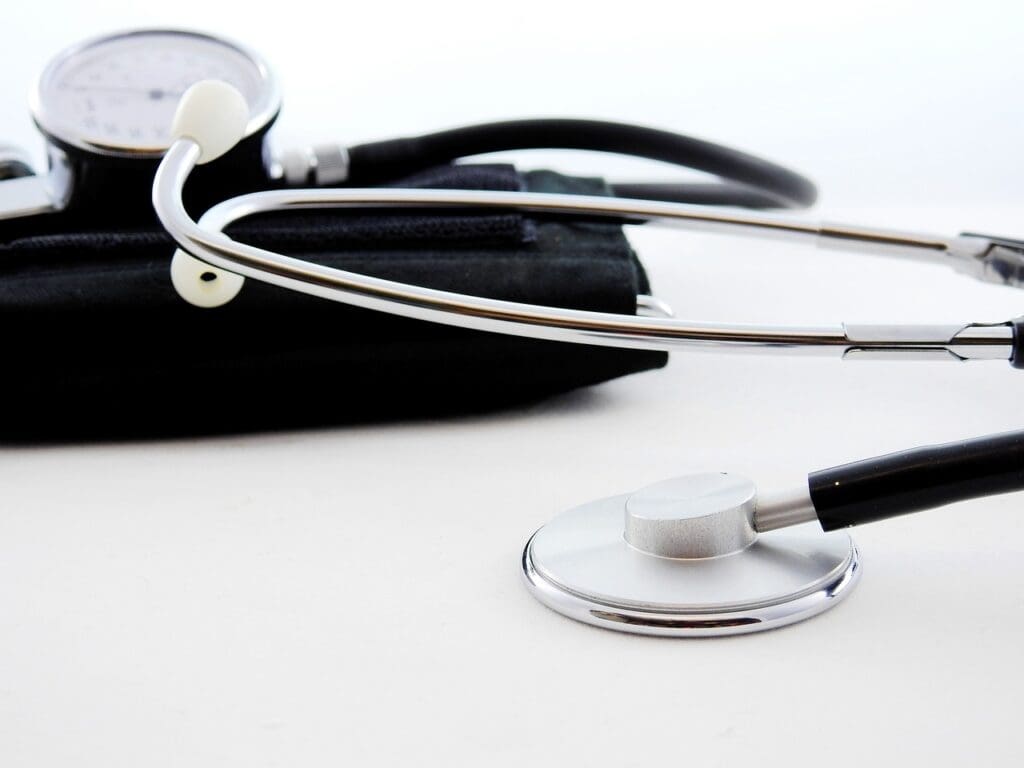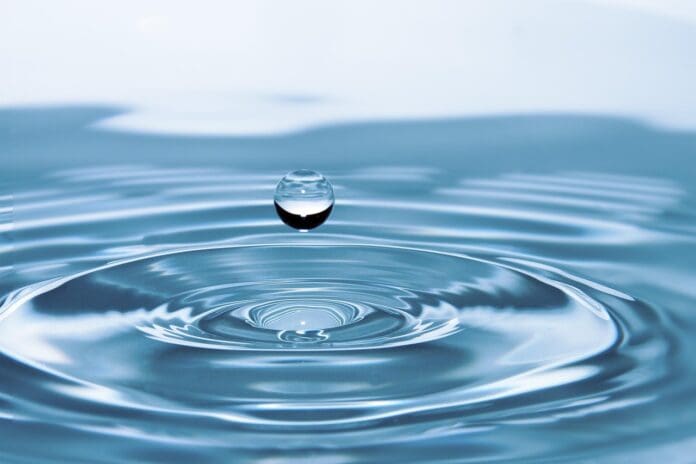Benefits of Water, The Importance of Hydration, Avoid Dehydration:
Because our bodies are about 60 percent water, and water is essential for virtually all of our body functions. In addition there are studies on the benefits of water for hydration, mild dehydration, losing as little as 1-2% of your body weight in water, and can have an enormous impact on performance. So, find out how much water should you drink daily.
These Are Some Examples of The Benefits of Water:
Specifically it reduces strength and speed
Reduced agility and reaction time
Decreased mental sharpness and focus
Increased risk of injury
A faster time to fatigue

More Benefits of Drinking Water:
1. Specifically it carries oxygen and nutrients to all of the cells in our body.
2. Certainly it helps to regulate body temperature
3. Cushioning your joints
4. Stabilizing heartbeat
5. Normalizing your blood pressure
6. Aids in digestion
7. Protecting our tissue and organs
8. Helps to prevent constipation
9. Flushes bacteria from your bladder
10. Maintaining electrolyte (sodium) balance in your body
11. Helps to maximize physical performance
12. Helps you to have enough energy
13. Promotes a healthy brain function
13. Prevents and treats headaches
14. Boosting your skin health
15. Indeed it helps us with weight loss

How Much Water Should You Drink Daily:
In fact you’ve probably heard you should drink eight glasses of water per day. Also, because it is easy to remember, and it is a reasonable goal.
Accordingly, healthy people usually stay hydrated by drinking water and other fluids whenever they are thirsty. For other people, fewer than eight glasses a day could be enough, but others might need more.
Several Benefits of Water that may impact your water intake.
Exercise:
If you do any activity where you sweat, you will need to drink extra water to cover your fluid loss. It is important to drink water before, during and after a workout.
Environment:
Because hot or humid weather can make you sweat as well and will require additional water. Dehydration can also occur at high altitudes.
Overall Health:
Your body loses fluids when you are vomiting, diarrhea or fever. Therefore you should drink more water or follow a doctor’s recommendation. In fact conditions like bladder infections and urinary tract stones and other conditions might require increased water intake.
Pregnancy and breastfeeding
If you are breastfeeding or pregnant, you may need additional water to stay hydrated.

